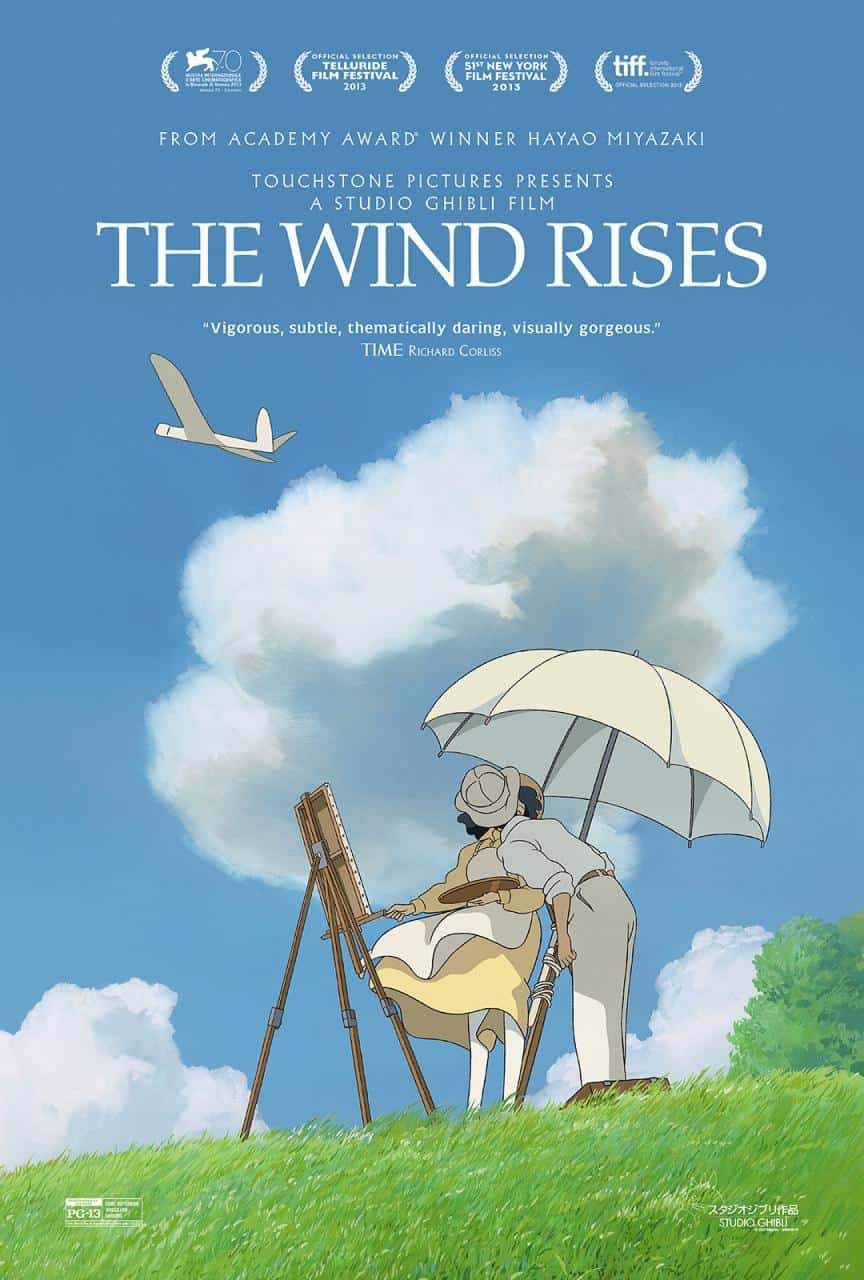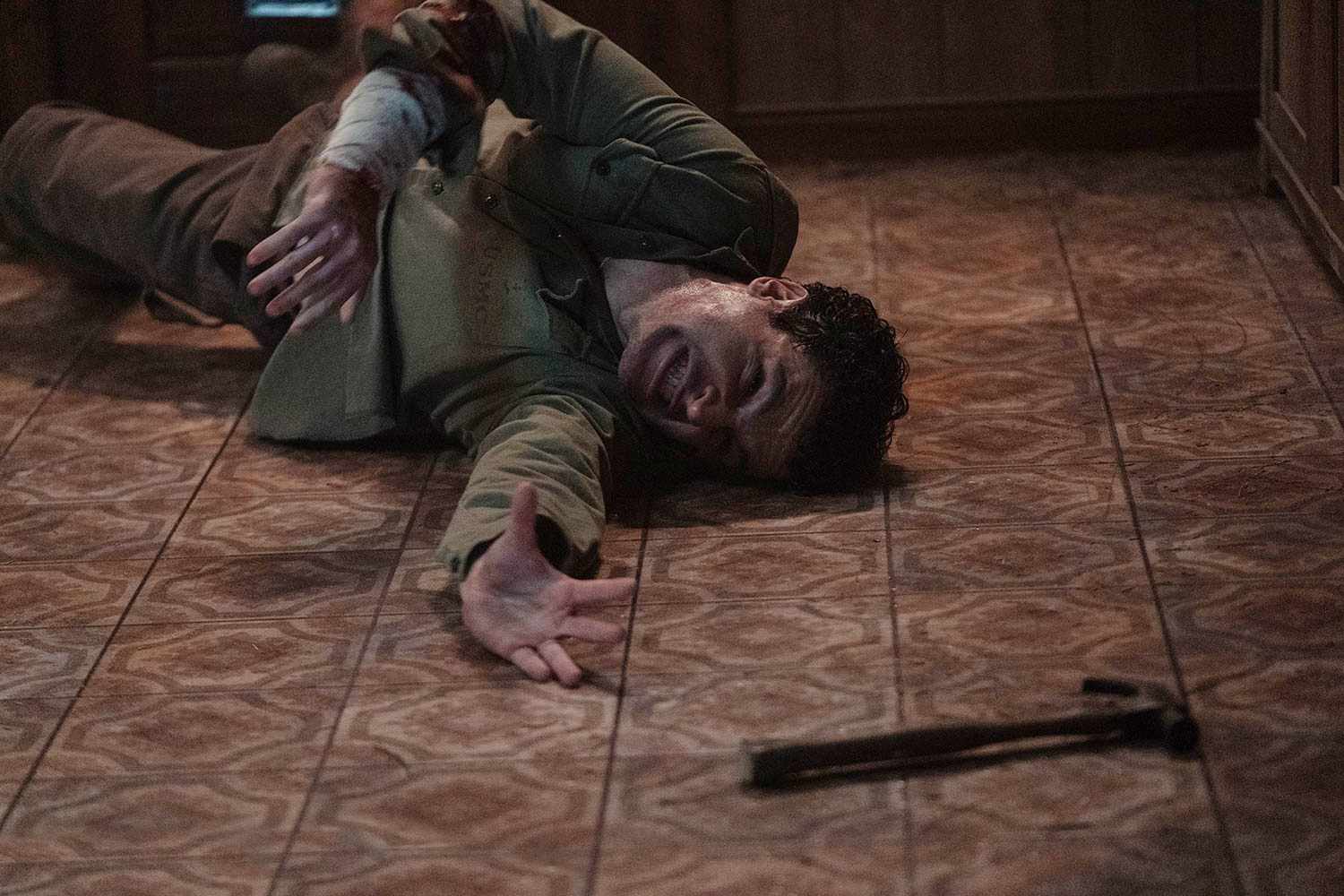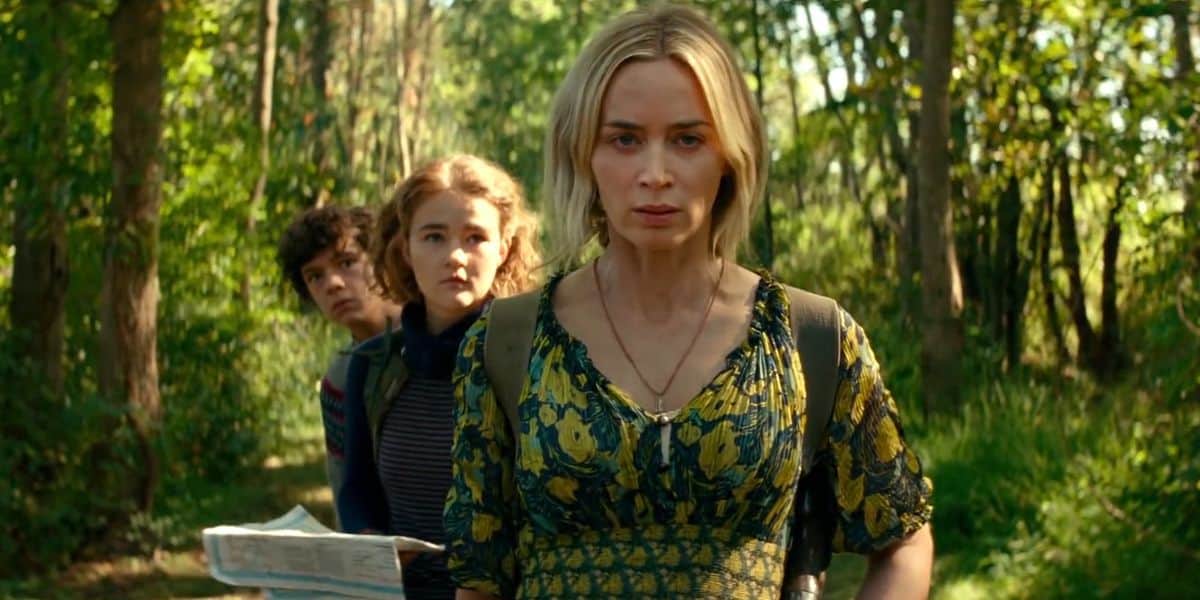
Movie Review: ‘THE WIND RISES’
[youtube id=”imtdgdGOB6Q” width=”600″ height=”350″]
Hayao Miyazaki, a master director, animator, and screenwriter (among other things), is known for films set in magical realms that play out like children’s fables; such as My Neighbor Totoro (1988), Spirited Away (2001), and Howl’s Moving Castle (2004). His latest film, The Wind Rises, takes a slightly different direction and has brought quite a bit of controversy with its release.
The “new direction” I am referring to points toward realism; as I mentioned before, Miyazaki has familiarized himself with bringing fantastical, dream-like worlds to life through animation. However, beginning with his 2010 film, From Up On Poppy Hill (written by Miyazaki and directed by his son, Goro Miyazaki), the famous woolgatherer has taken to more pragmatic narratives.
We cannot expect anything too conventional from him, though. The Wind Rises is a fictionalized biography of real-life aircraft engineer, Jiro Horikoshi (voiced by Hideaki Anno and Joseph Gordon-Levitt, in respective Japanese and English versions), famous for his designs used in World War II. The film follows Horikoshi from his childhood, filled with fantasies of airplanes, through college and onto adulthood, where he gains status as a genius and success as an engineer. A quiet and thoughtful romance is thrown into the mix, which serves as the most obvious emotional outlet, although the entire film is a heartfelt statement against violence.
Miyazaki’s trademark whimsy is toned down, but present, existing in the narrative through dialogue and imagery, and particularly in Horikoshi, whose dreams are sometimes hard to separate from reality. As always, The Wind Rises is a showcase of Miyazaki’s beautiful animation, and includes other signature traits such as good-hearted humor and quirky characters.
Different people have called The Wind Rises many different things; many Japanese viewers have dubbed it unpatriotic and impressionable on children, a South Korean audience and Boston-based film critic Inkoo Kang conclude that it denies the violence the Japanese Imperial Army performed during WWII, and the Academy has it nominated for Best Animated Feature.
Miyazaki has written an accompanying essay, explaining his reasons for making the film as well as speaking out against the Japanese government and how he believes they forget painful past events, rather than educate new generations; because of this neglectful remembrance, he believes the past is doomed to repeat itself. In The Wind Rises he provides parallels from the film’s time period to the present.
The director claims that his inspiration for the film was a quote from Jiro Horikosi—“All I wanted to do was make something beautiful”. Miyazaki, himself, does just that in his latest film; while I cannot confidently say how The Wind Rises serves as a political statement, I can attest to it being a poignant portrait of an artist, who achieved his dream while simultaneously contributing a weapon of mass destruction to the world.
Hayao Miyazaki has stated that The Wind Rises will be his last film, and announced his retirement in September of last year.



